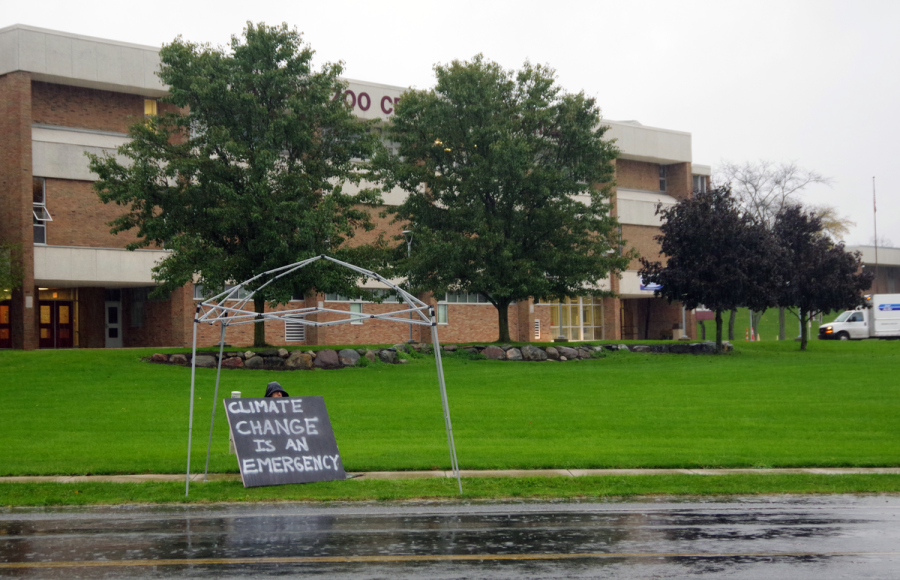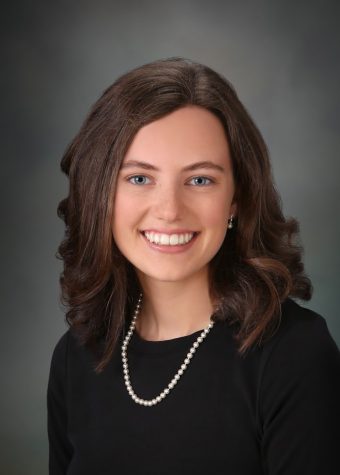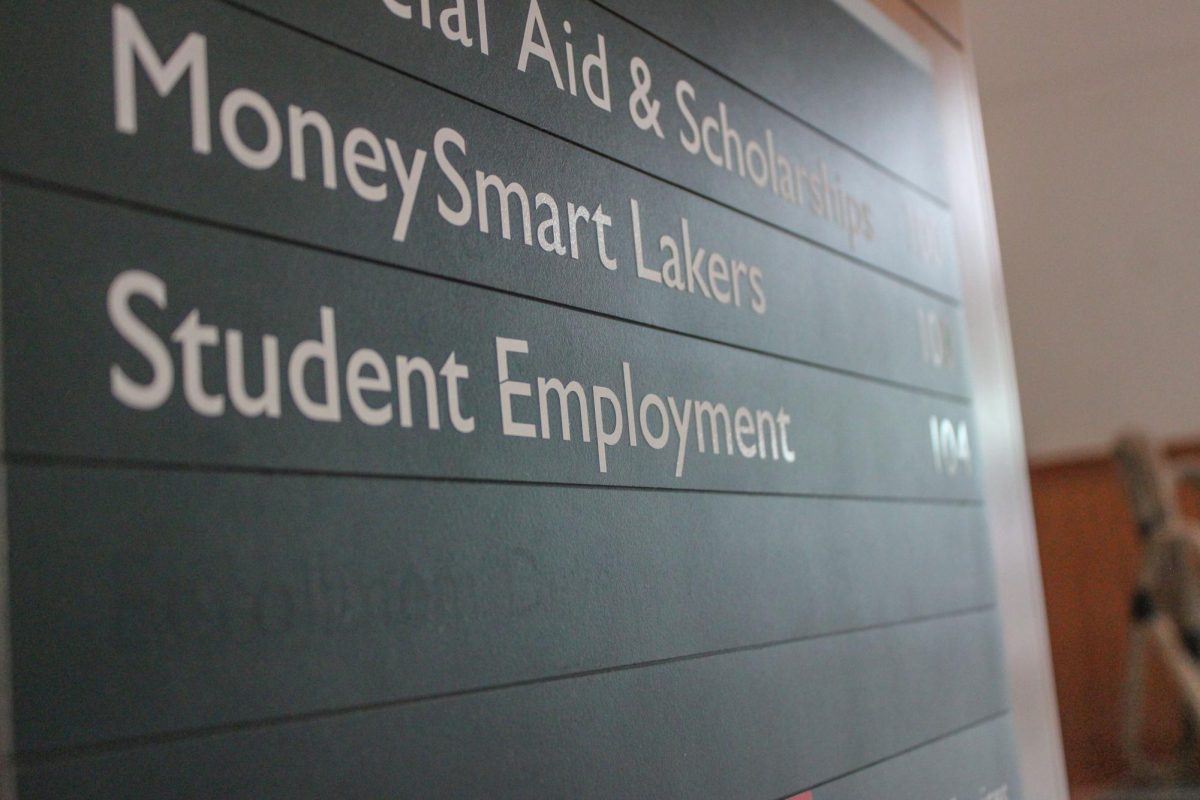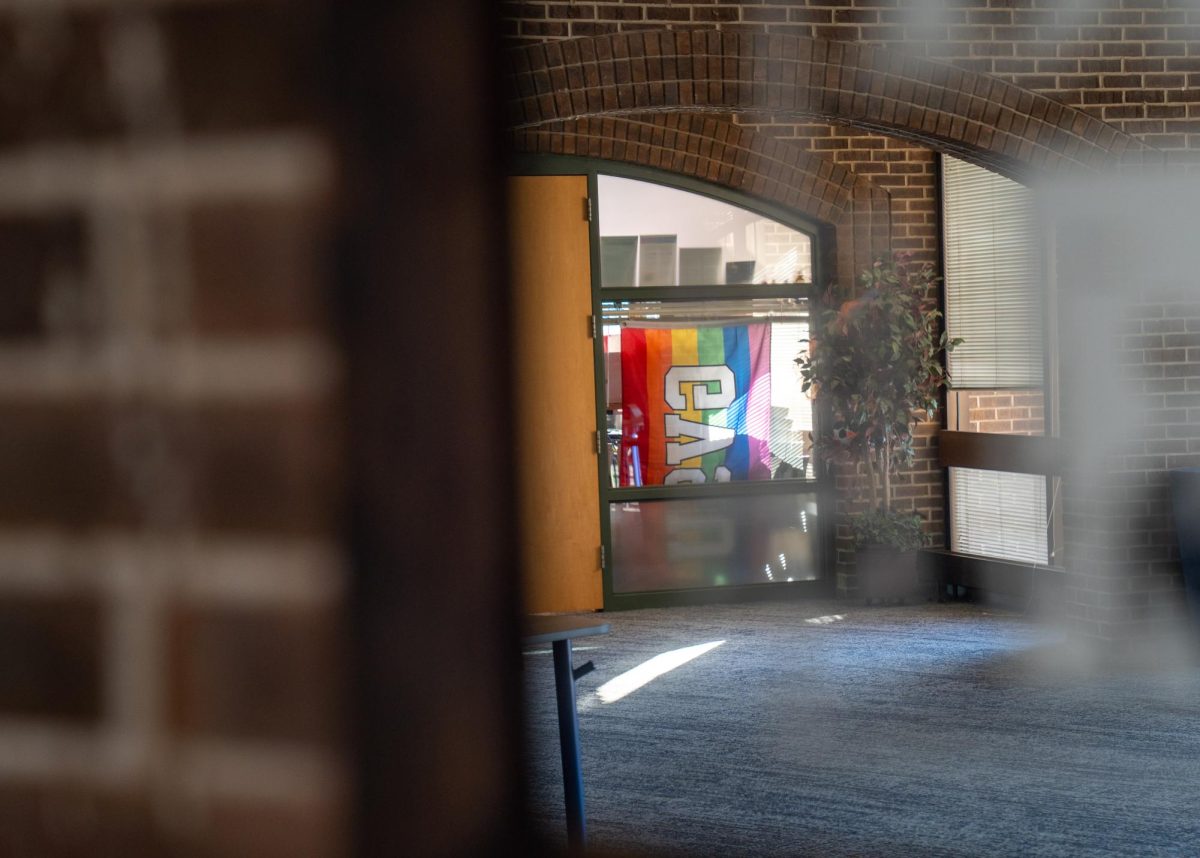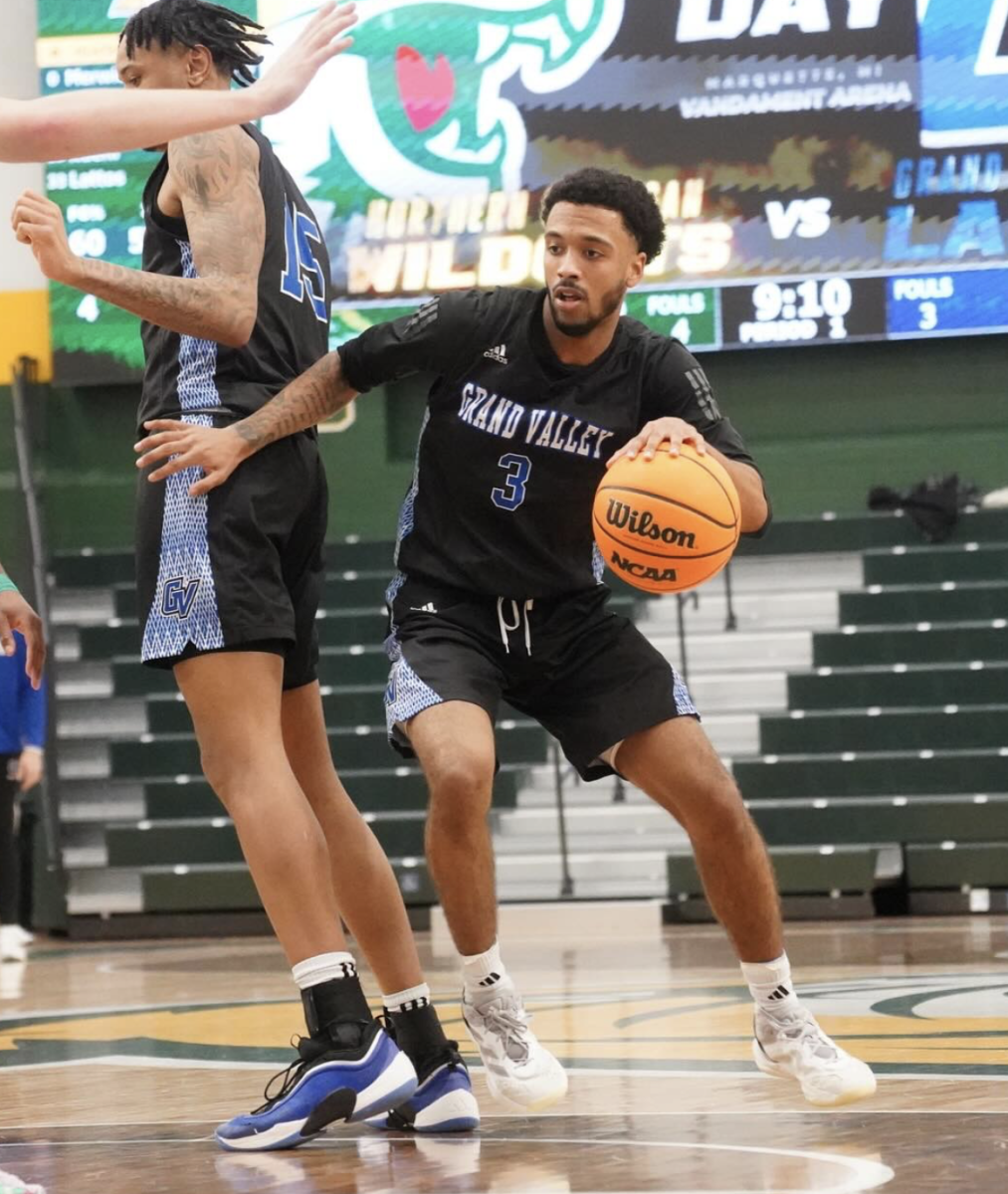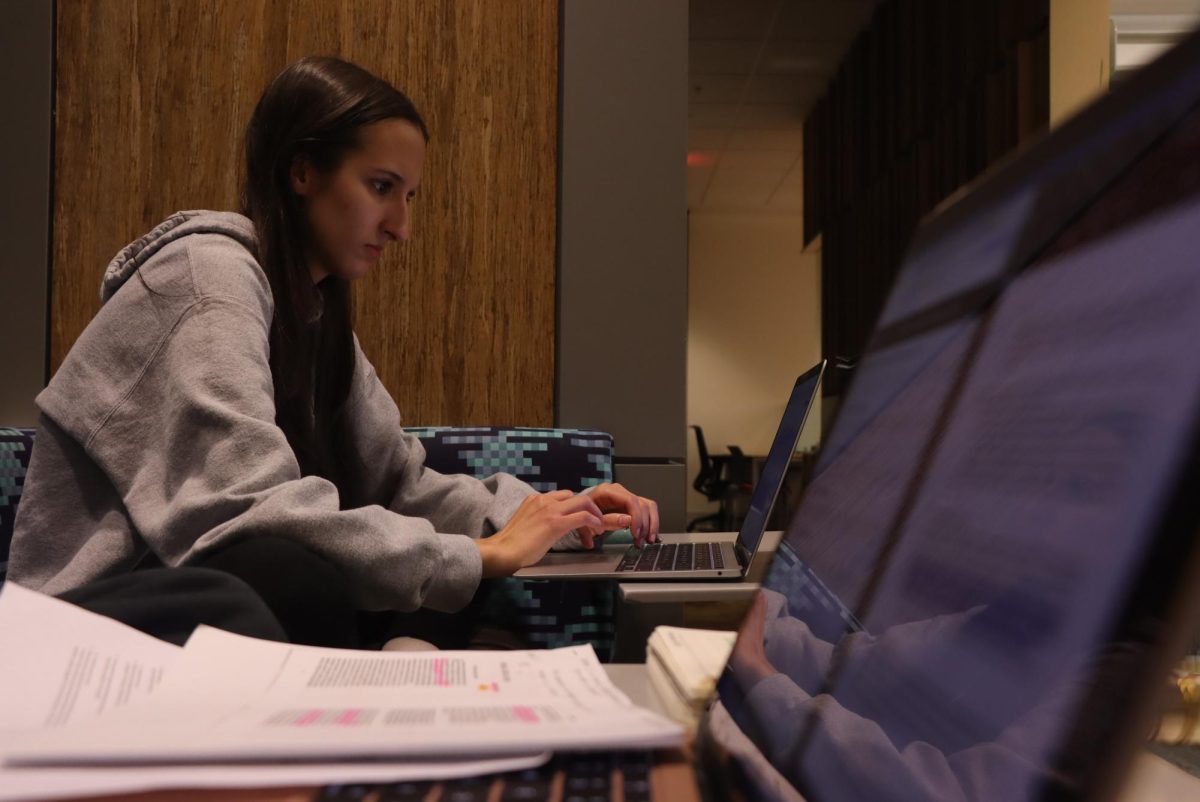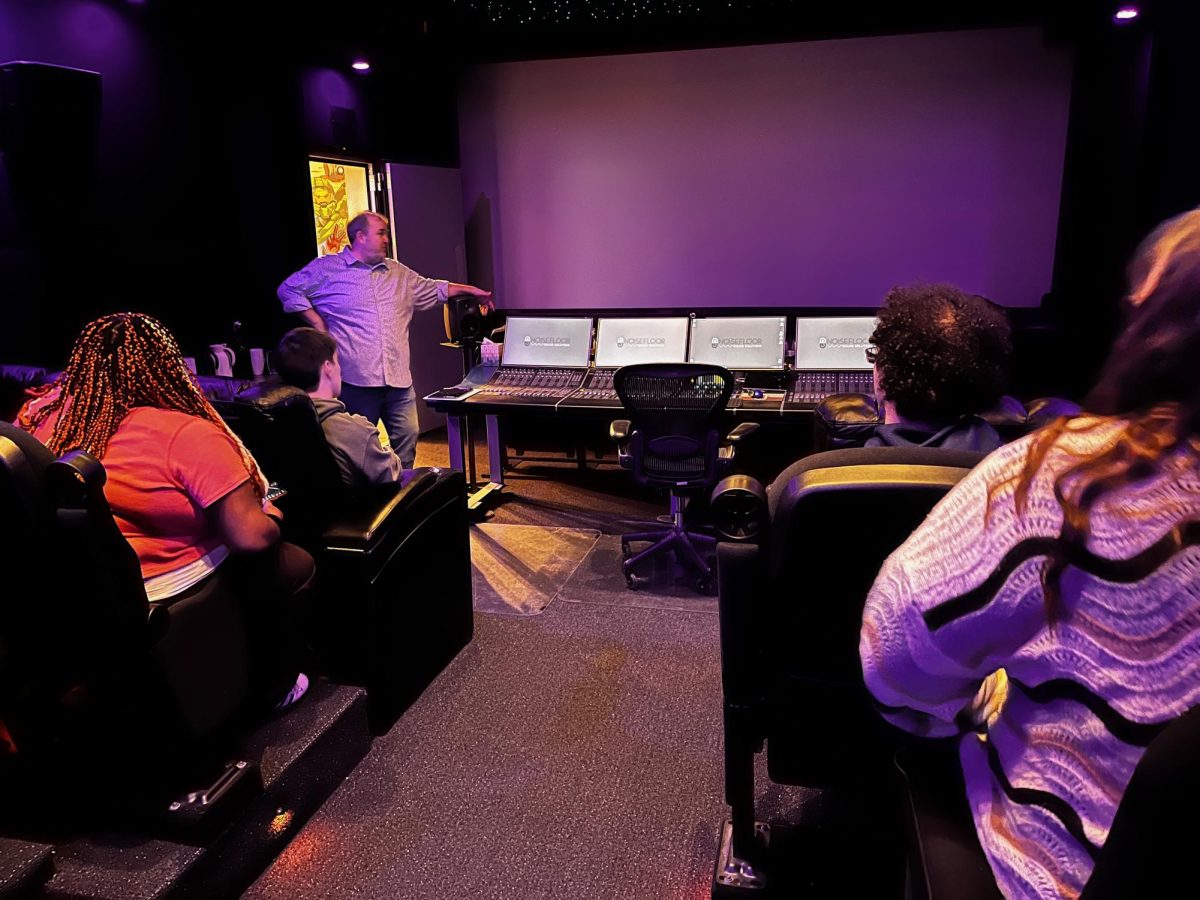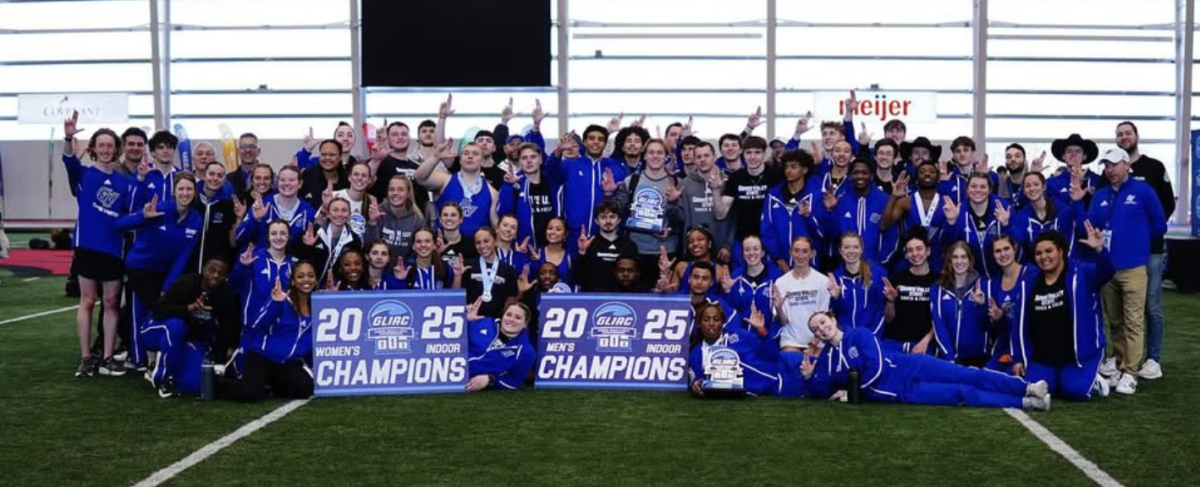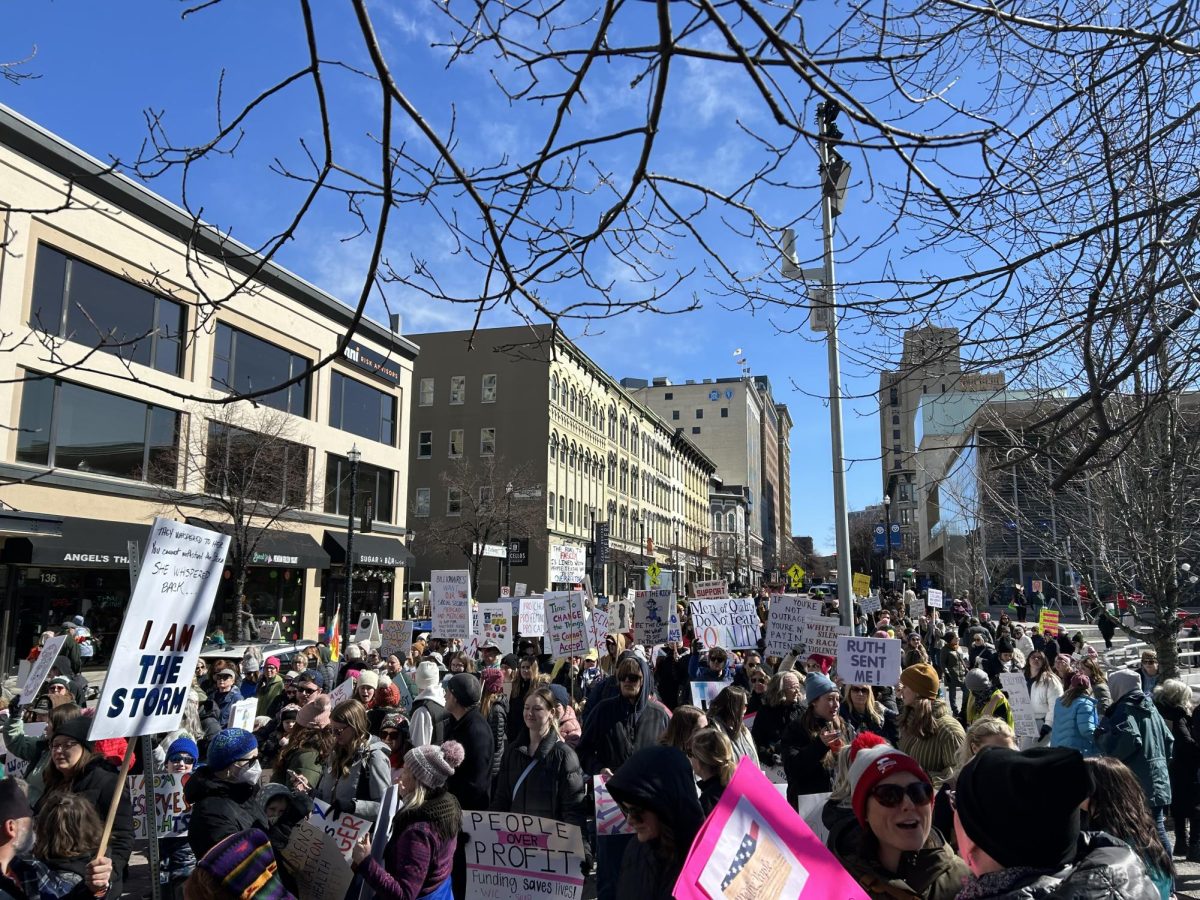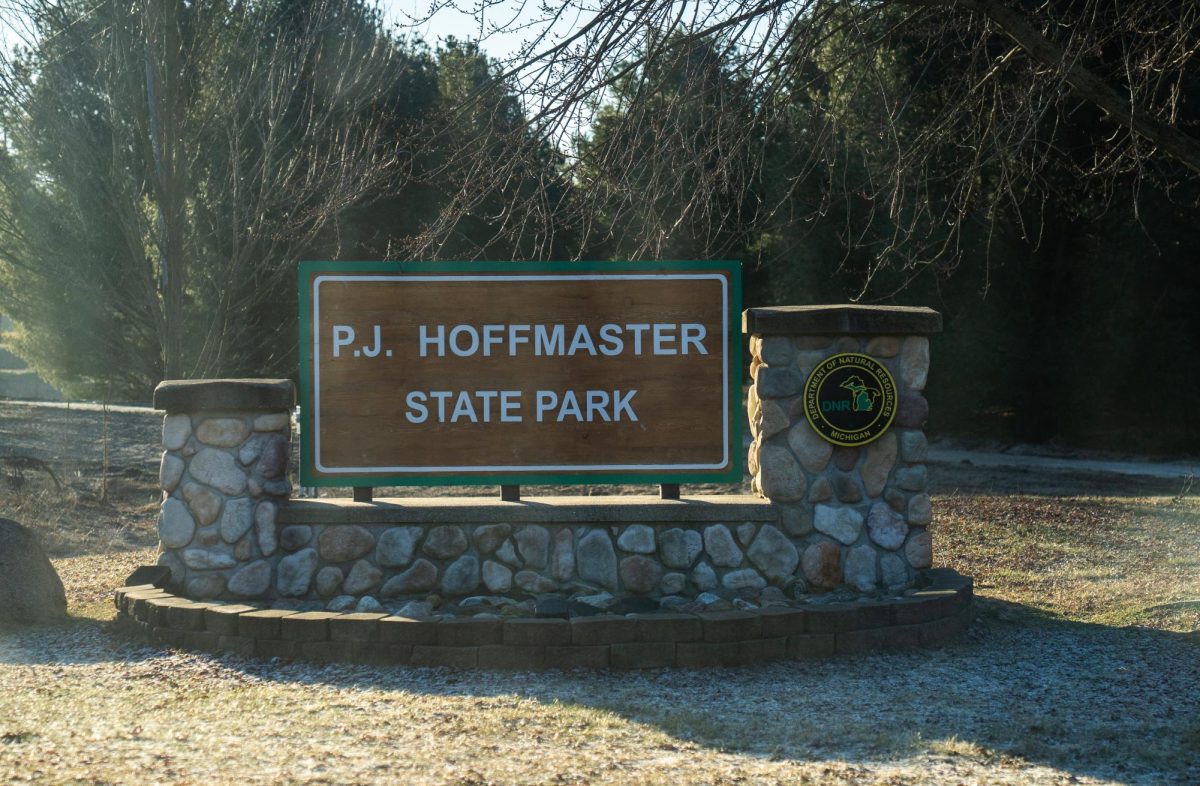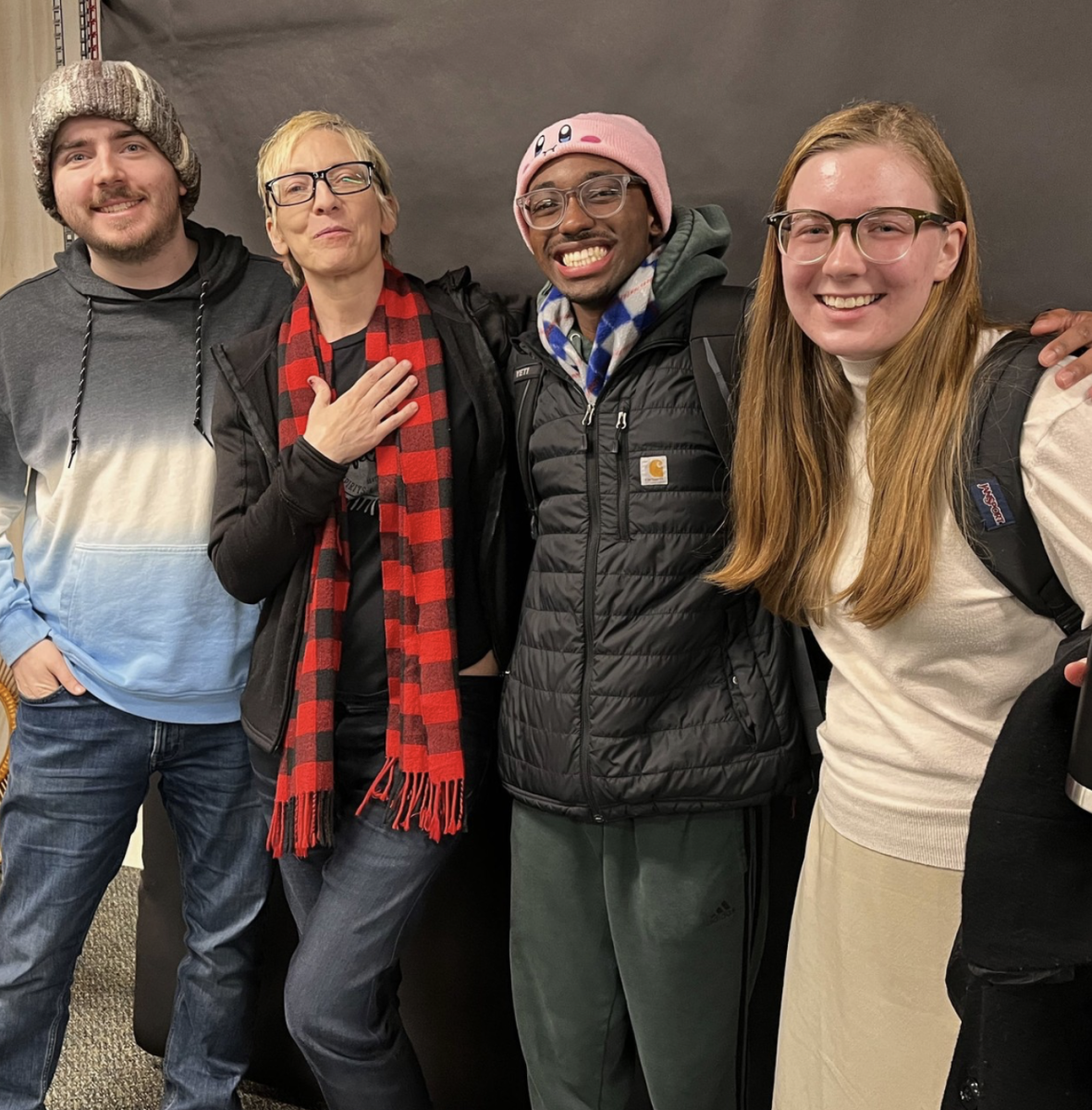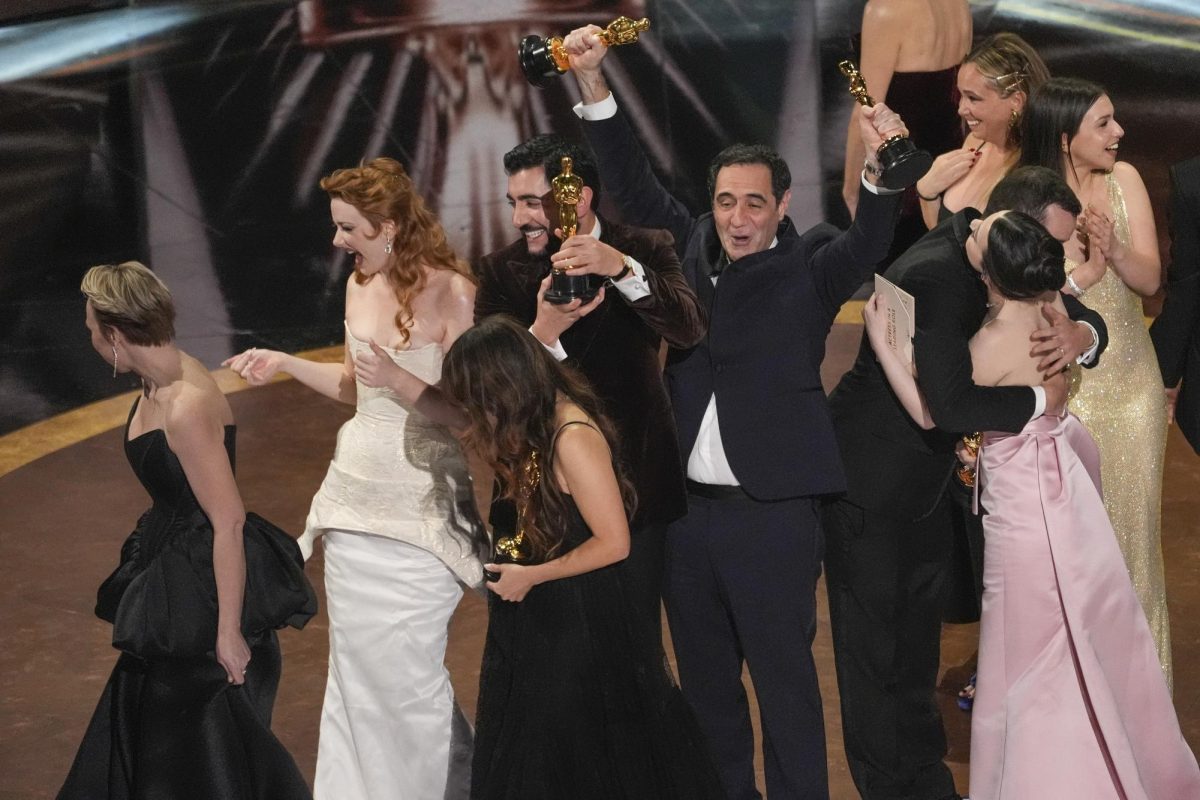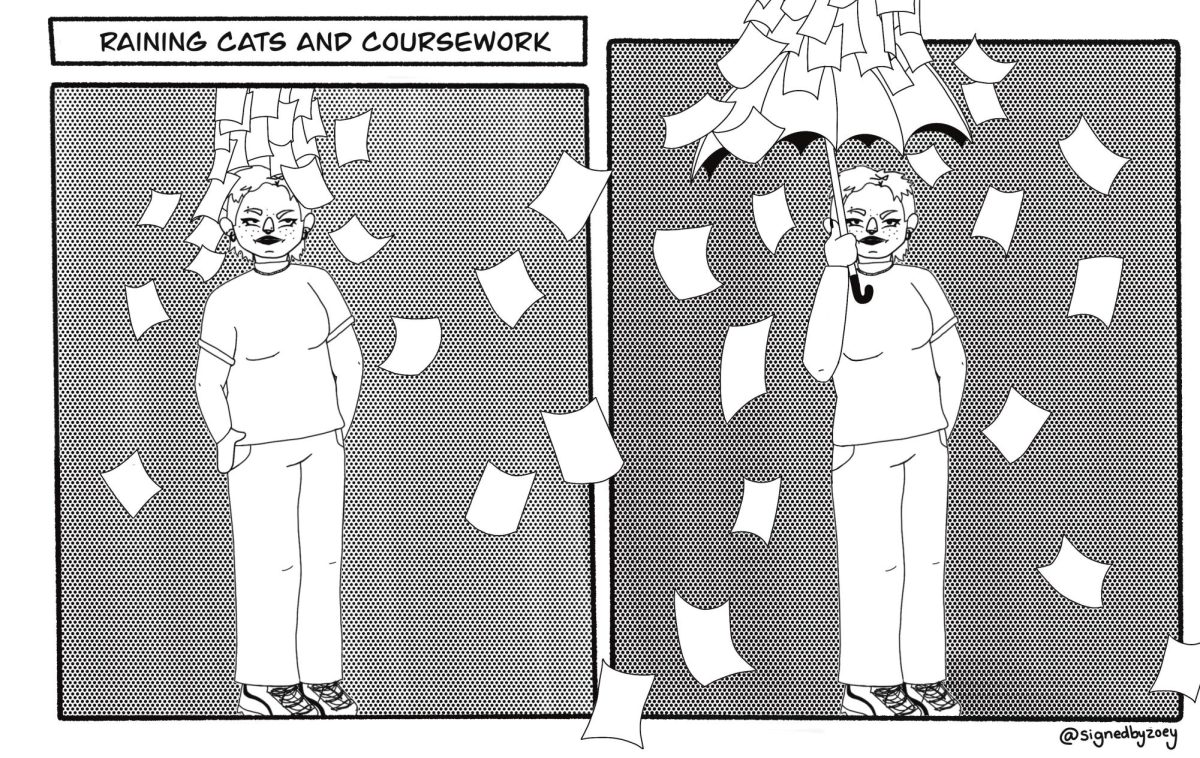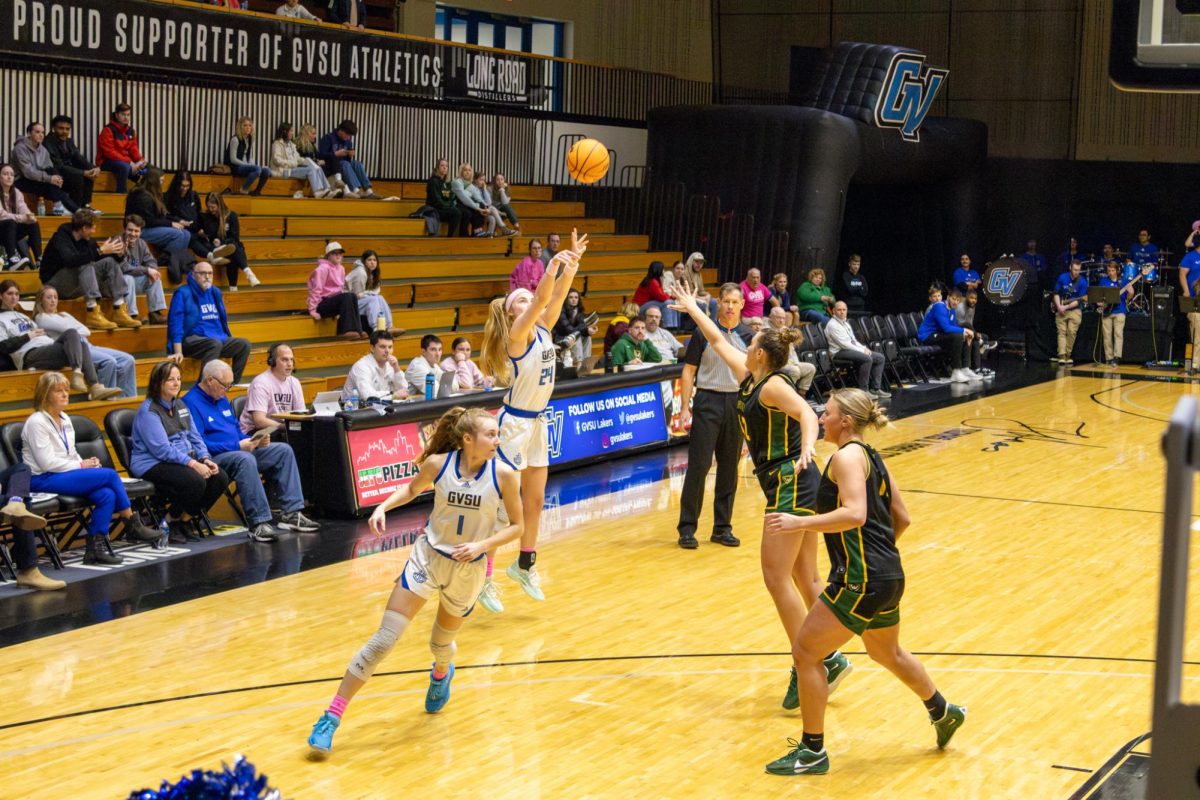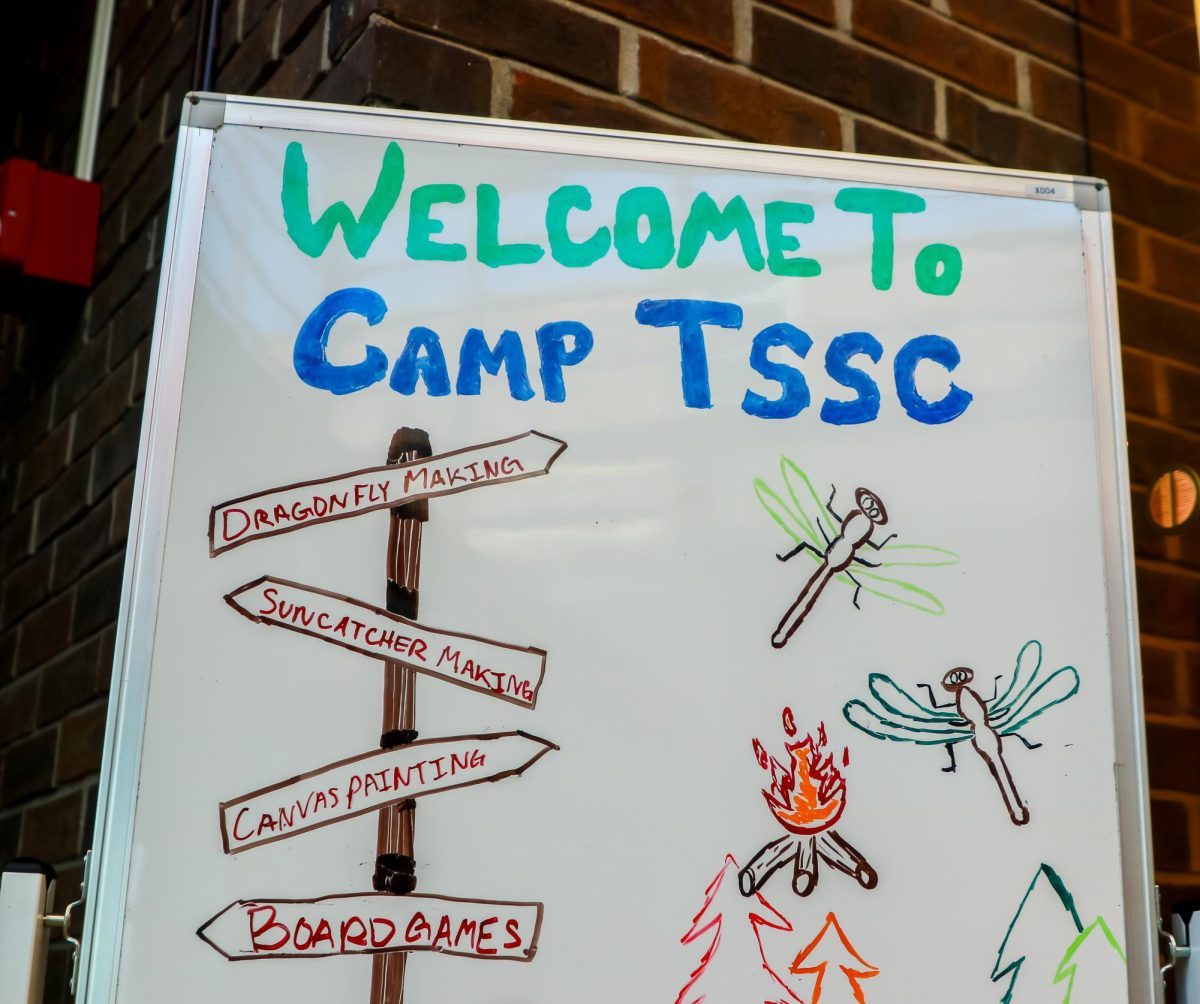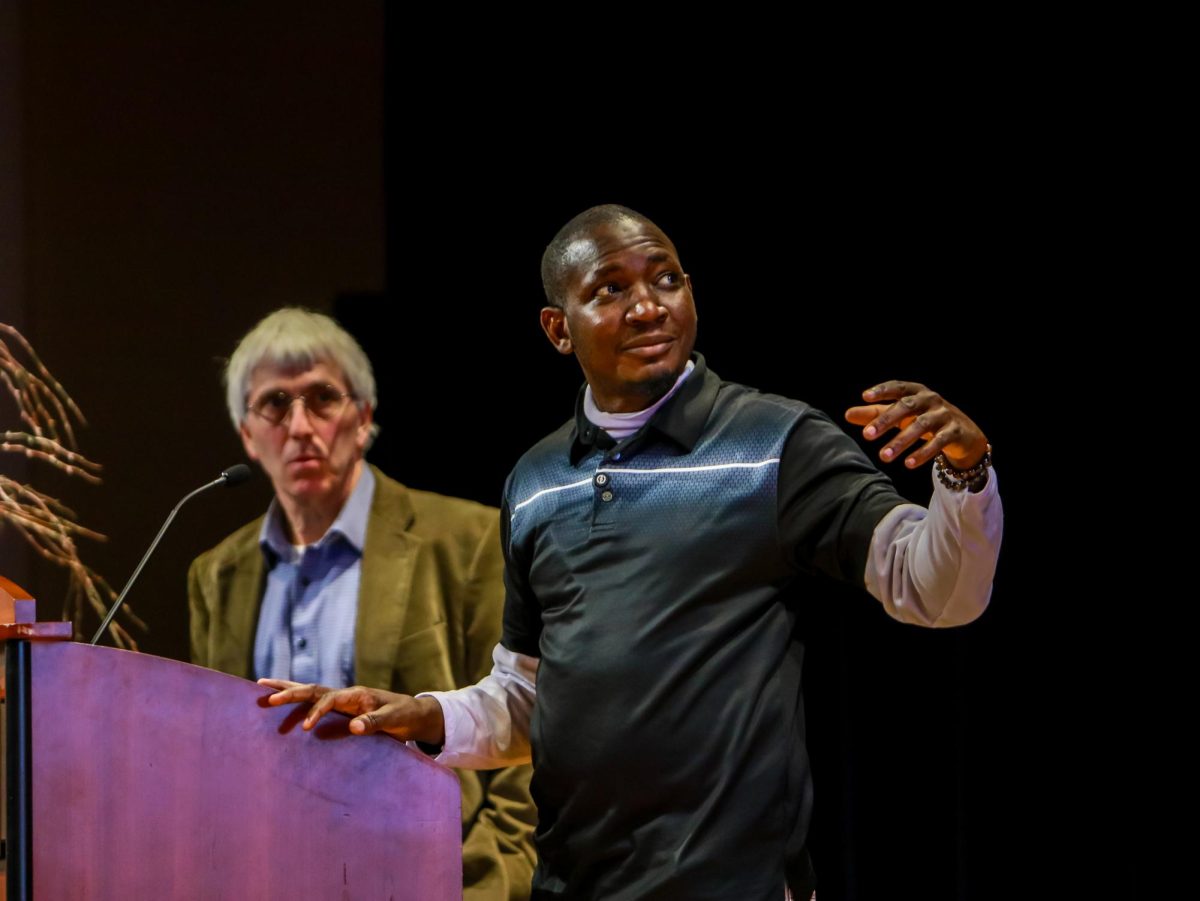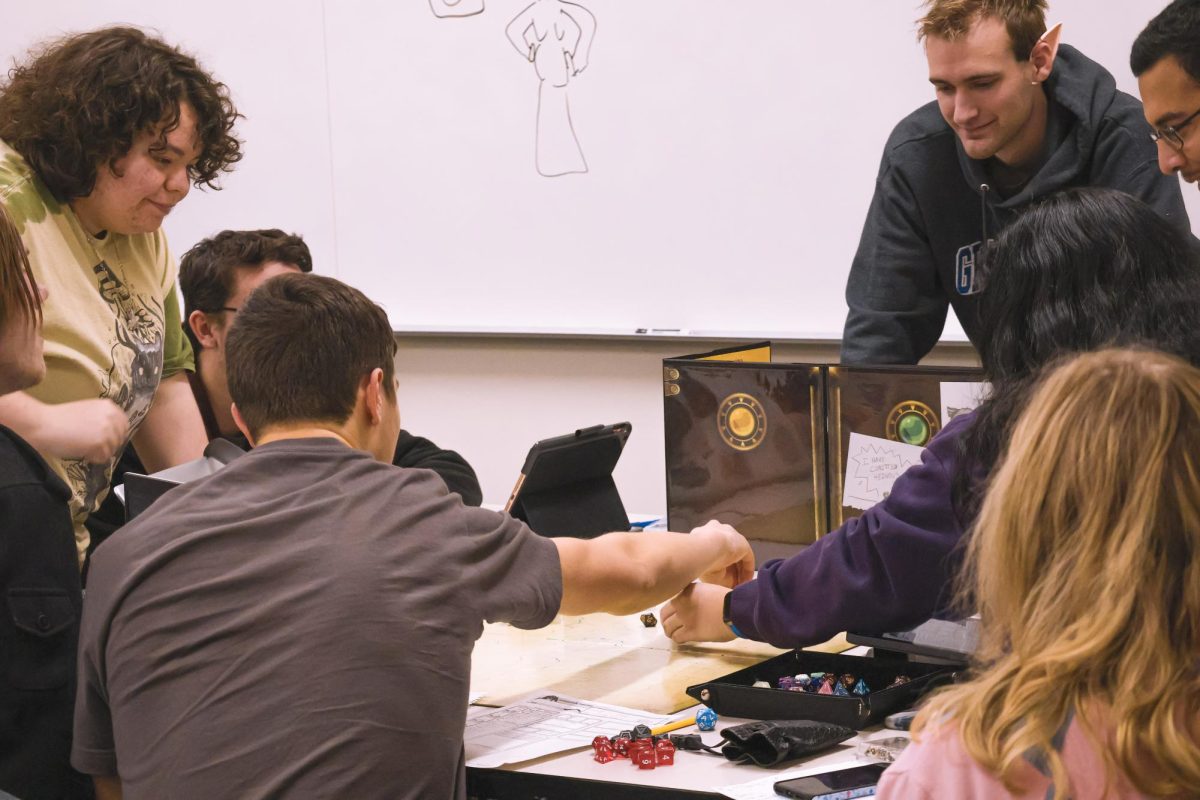West Michigan high school teacher hunger strikes for climate action
Nov 1, 2021
Three years ago, Kalamazoo Central High School physics teacher Josh Gottlieb read “The Uninhabitable Earth” by David Wallace-Wells. Last week, he went on a hunger strike in protest of cutting the Clean Energy Performance Program in President Biden’s Build Back Better bill.
The program, which would reward polluting utilities for shifting to clean energy sources, has been called into question by Senator Joe Manchin, a Democrat from West Virginia. Manchin has called the program a waste of taxpayer money. However, critics say Manchin is working against the program for personal gain. The New York Times reported that Manchin has made over $500,000 in dividends from a coal brokerage in the last year.
“This one little man is going to take a trillion dollars of climate change mitigation out of this bill,” Gottlieb said.
As a scientist, teacher, father and American citizen, Gottlieb said he’s disappointed in our nation’s leadership due to their inaction surrounding the climate crisis. Instead, he has taken inspiration from youth movements fighting for action against climate change, like the Sunrise Movement and Greta Thunburg.
“I’m actually following young people because I really thought of doing this after reading about the young people from Sunrise Movement, who are hunger striking right now, outside of the White House,” Gottlieb said.
Gottlieb says he has drawn inspiration from youth protests since he first became involved in the movement. As a high school teacher, he often turns to his students for inspiration and to motivate them to take action. During the 2019-20 school year, Gottlieb organized school strikes every Friday with his students.
“We formed partnerships in the community, and as a group, we started holding Fridays for Future events every Friday for that whole year,” Gottlieb said. “My students organized several of those events and we hosted them at the high school. Others were held at Western Michigan University or college, or the nature center.”
Before the pandemic sent Kalamazoo students home for online classes, Gottlieb and his students partnered with US Green Building Council and Consumers Energy to reduce the district’s carbon footprint. Gottlieb said that students are the key in not only fighting for better climate policy but in motivating others and inspiring change.
“When I was sitting up there this week by myself in a chair, cold and hungry and somewhat miserable I would get a supportive honk maybe every five minutes,” Gottlieb said. “When the students came out, it must have been more than half the cars and trucks honked their support. They were honking their support, not for the issue, but for the students and their right to speak their mind.”
Gottlieb said it’s important for him to protest and go as far as a hunger strike because he has a duty to the next generation. He said that while his efforts may not have a big impact or ultimately be more symbolic, he has to try to do something.
“I will not be able to look my students in the face, or my children in the face 20 years from now when they look at me and they say ‘Why didn’t you do something? You knew and now it’s too late,'” Gottlieb said. “So I have to do something, even if I’m flailing in the wind.”
As President Biden enters the UN Climate Change Conference (COP26) on Oct. 31, Gottlieb said his faith in the administration is shaken.
“It would have been huge to go in in a position of strength and leadership with this newly passed bill, and instead he’s going in on his knees with our tail between our legs,” Gottlieb said. “I mean, at least we believe the science now, but we’re not doing anything about it.”
Gottlieb ended his hunger strike on Oct. 31, after he was joined by the local Sunrise Movement chapter at his station outside of Kalamazoo Central High school. While he’s unsure of what the future will hold for climate science, Gottlieb said he knows youth will be at the center of the movement.
“A young person speaking truth to stupid is is unusual, it’s newsworthy in itself,” Gottlieb said. “When those students, those young people happen to be brilliant, then they can be very impactful.”





